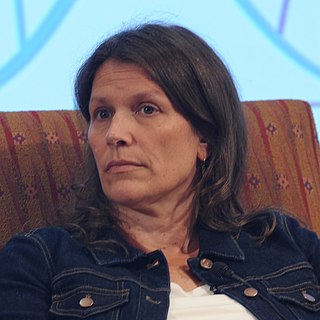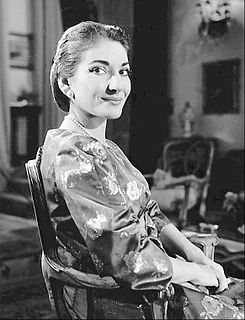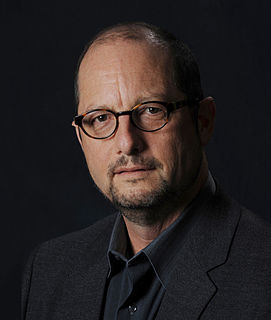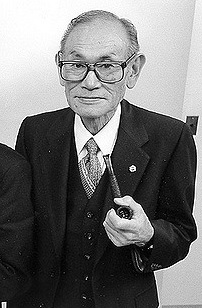A Quote by Henri Frederic Amiel
Every landscape is, as it were, a state of the soul, and whoever penetrates into both is astonished to find how much likeness there is in each detail.
Related Quotes
One is quite astonished to find how many things there are in the landscape, and in every object in it, one never noticed before. And this is a tremendous new pleasure and interest which invests every walk or drive with an added object. So many colours on the hillside, each different in shadow and in sunlight; such brilliant reflections in the pool, each a key lower than what they repeat; such lovely lights gilding or silvering surface or outline, all tinted exquisitely with pale colour, rose, orange, green or violet.
Actually, screenplays were much more detailed than what I did in the book In the book I had to invent a style for communicating what the sensation of looking at a film would be, whereas the screenplays I wrote in Paris were actual blueprints for how to do the film, with every gesture, every little movement noted in exhaustive detail.
There is a connection between environment and stress on both ends, with excessive clutter and excessive attention to detail both holding the power to distract us from our ability to love fully, work productively and relax effectively. So, what makes sense to me is for each of us to think this through on a few fronts: what constitutes a comfortable environment for us, how much effort we're willing to put into it relative to other priorities, and how well-matched we need our partners' preferences to be to ours.
What [Tulio Serafin] said that impressed me was: "When one wants to find a gesture, when you want to find how to act on stage, all you have to do is listen to the music. The composer has already seen to that." If you take the trouble to really listen with your soul and with your ears - and I say soul and ears because the mind must work, but not too much also - you will find every gesture there. And it is all true, you know.
Love is the expansion of two natures in such fashion that each include the other, each is enriched by the other. Love is an echo in the feelings of a unity subsisting between two persons which is founded both on likeness and on complementary differences. Without the likeness there would be no attraction; without the challenge of the complementary differences there could not be the closer interweaving and the inextinguishable mutual interest which is the characteristic of all deeper relationships.
It is time that Christians were judged more by their likeness to Christ than their notions of Christ. Were this sentiment generally admitted we should not see such tenacious adherence to what men deem the opinions and doctrines of Christ while at the same time in every day practise is exhibited anything but a likeness to Christ.
There are a few minority governments in Europe, but I think the largest member state would be well-advised to establish a government that can rely on a clear parliamentary majority. Think about EU summits. If the chancellor were forced to obtain support from parliament for each and every detail, it would slow the work of the EU.
I saw more clearly than ever, that the first great and primary business to which I ought to attend every day was, to have my soul happy in the Lord. The first thing to be concerned about was not, how much I might serve the Lord, how I might glorify the Lord; but how I might get my soul into a happy state, and how my inner man may be nourished...I saw that the most important thing I had to do was to give myself to the reading of the Word of God and to meditation on it.
Every people, every society, needs a culture of resistance, a culture of being difficult and disobedient, that is the only way they will ever be able to stand up to the inevitable abuse of power by whoever runs the state apparatus, the capitalists, the communists, the socialists, the Gandhians, whoever.









































